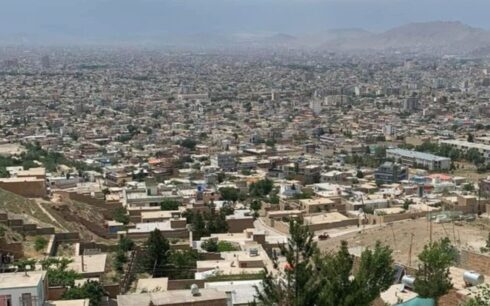Participants of the previous round of the Doha meeting on Afghanistan revealed that the third round, set for June 30, will include three sessions.
According to sources, the United Nations will convene a session with the Taliban delegation following the meeting of the special envoys. However, the decision to invite civil society representatives has not yet been finalized.
The Taliban’s acting foreign minister stated that they agree to discuss issues such as combating drug trafficking, the private sector, and climate change at the Doha meeting. Nonetheless, the Taliban has not confirmed its attendance.
The United Nations has not officially outlined the agenda for the third Doha meeting, scheduled for June 30 and July 1. The meeting aims to explore prospects for increased global engagement with Afghanistan.
A participant of the previous Doha meeting explained that the upcoming meeting will include three sessions:
- A meeting between the UN and the special envoys.
- A meeting between the Taliban delegation and special representatives.
- A final session between special representatives and civil society representatives from Afghanistan.
However, the invitation of civil society representatives remains undecided.
“Other discussions will also take place within the Doha format. In the meeting between the UN and special representatives, discussions of the appointment of a special envoy for Afghanistan, the humanitarian crisis, Afghanistan’s integration into civil society, human rights, and women’s education might be the most important parts of the agenda among envoys and UN member states,” said Faiz Mohammad Zaland, a participant of the second Doha meeting.
The Taliban has expressed optimism about discussing climate change, the private sector, and drug trafficking at the Doha meeting, but its attendance remains unclear.
A senior diplomat told Amu that there is a possibility the Taliban will participate in the upcoming Doha meeting.
“The inclusivity of the government and the participation and education of women are issues that the UN will not overlook. It is possible that these issues will be discussed less or discussed without being announced, but in any case, the UN will not ignore them. The UN will not recognize the Taliban until women’s rights are ensured,” said Tarek Farhadi, a political analyst.
The appointment of a special envoy for Afghanistan, the formation of an inclusive government with full participation of women, improvement of human and women’s rights, addressing the humanitarian crisis, and the reintegration of Afghanistan into the global community are key aspects of the UN’s assessment and the Doha process.
However, the Taliban’s opposition to these issues has sidelined these key topics. Discussions on human rights and women’s rights are not on the agenda for talks between the special representatives and the Taliban, despite UN reports of widespread violations of human and women’s rights by the Taliban.
Previously, a senior diplomat told Amu that discussions on appointing a special envoy for Afghanistan at the upcoming Doha meeting are not planned, and the invitation of civil society members to the meeting has not been finalized.





